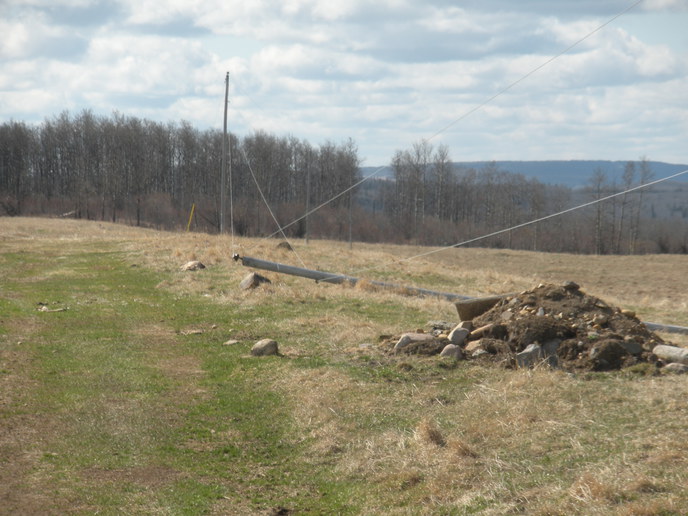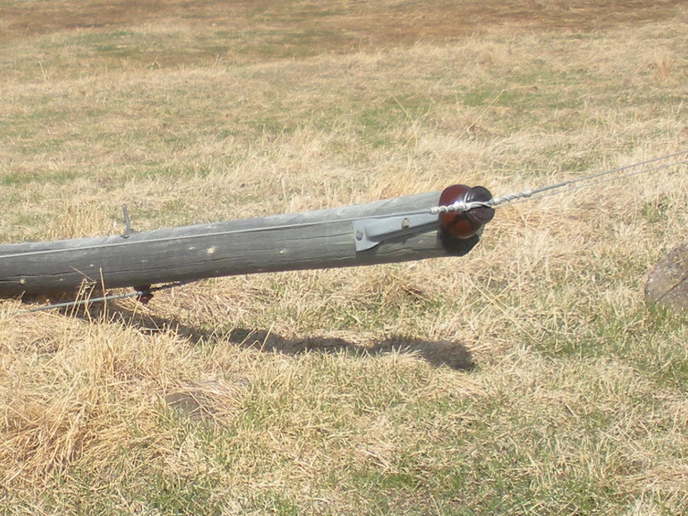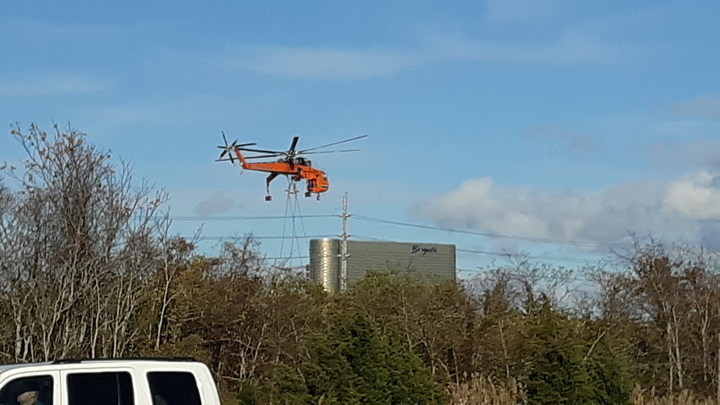Stroby
Member
I have been watching the harvest in my area and my attention has been drawn to the size of today's combines v/s the distance between the top of the machine to the power line. We have all been coached to stay a minimum distance away from a power line as there can be an electrical arch that will jump a distance. The distance is unclear to me right now, but believe it is at least 6 feet. I see numerous instances of combines traveling under power lines that are within 3 feet of the power line! I realize the machine is on rubber, but....what if the operator parked under the line for whatever reason and climbed down the ladder to the ground. Isn't there a potential to be electrocuted when your foot touches the ground? I have never heard or read of this happening.....but seems like it could. Educate me please.







